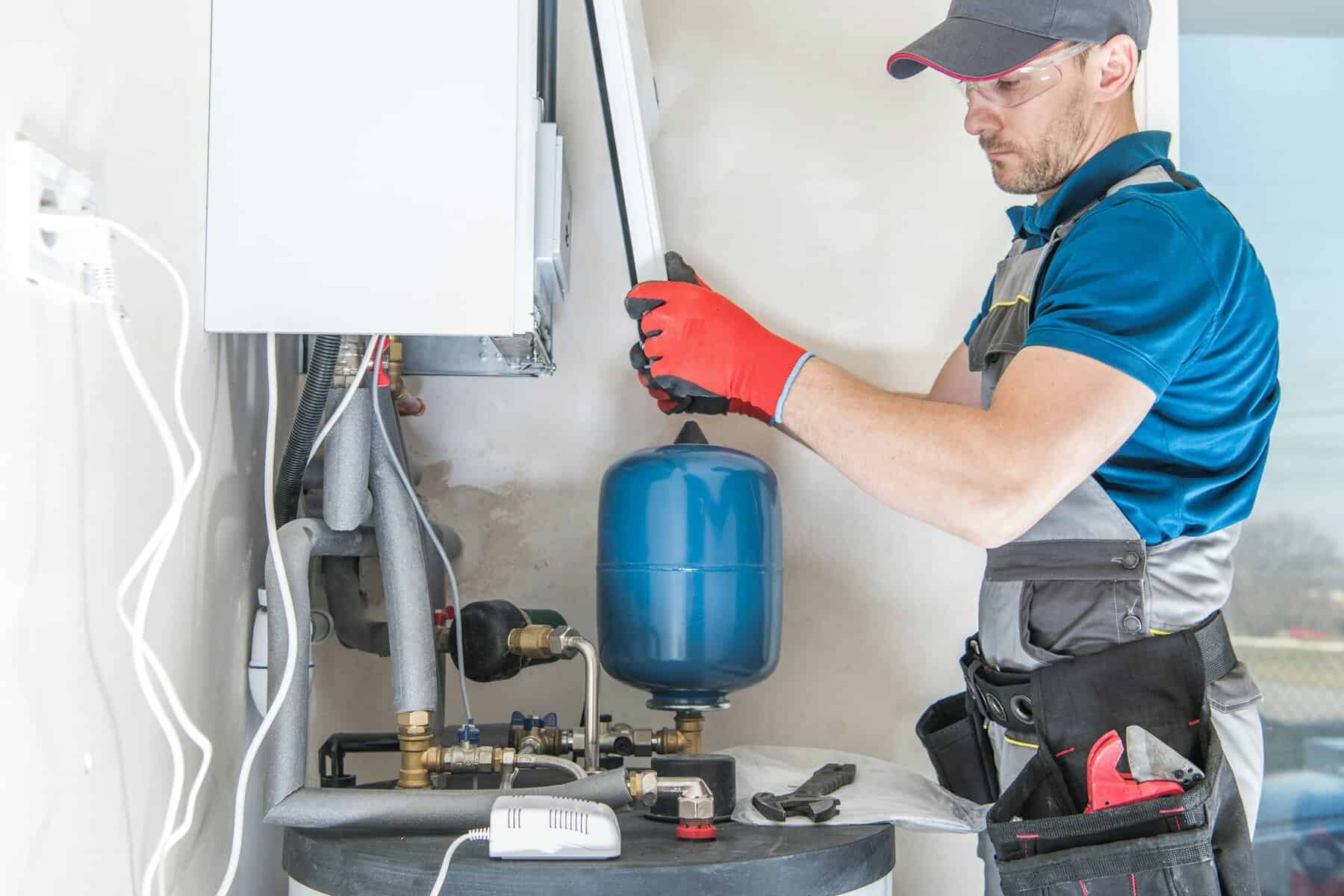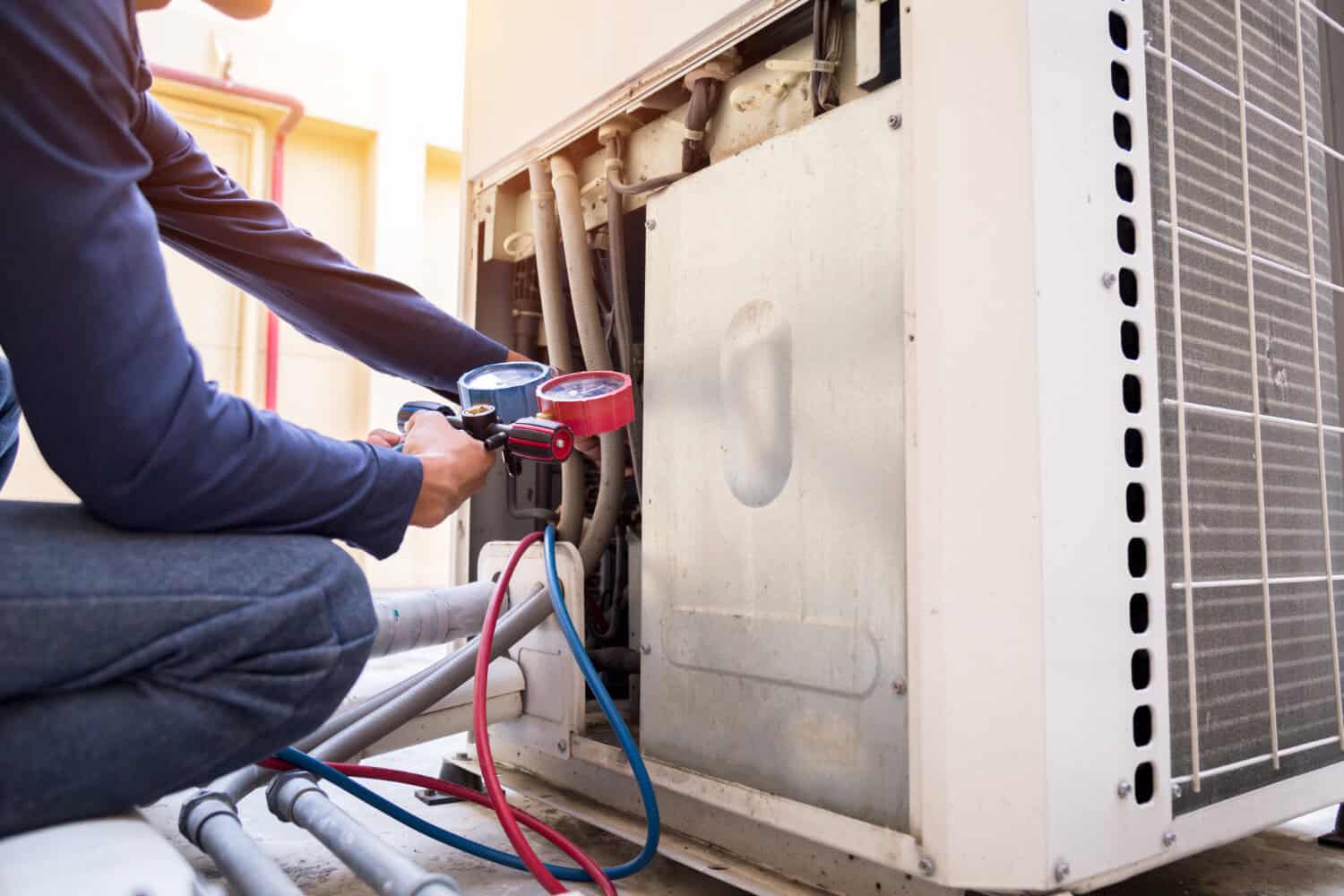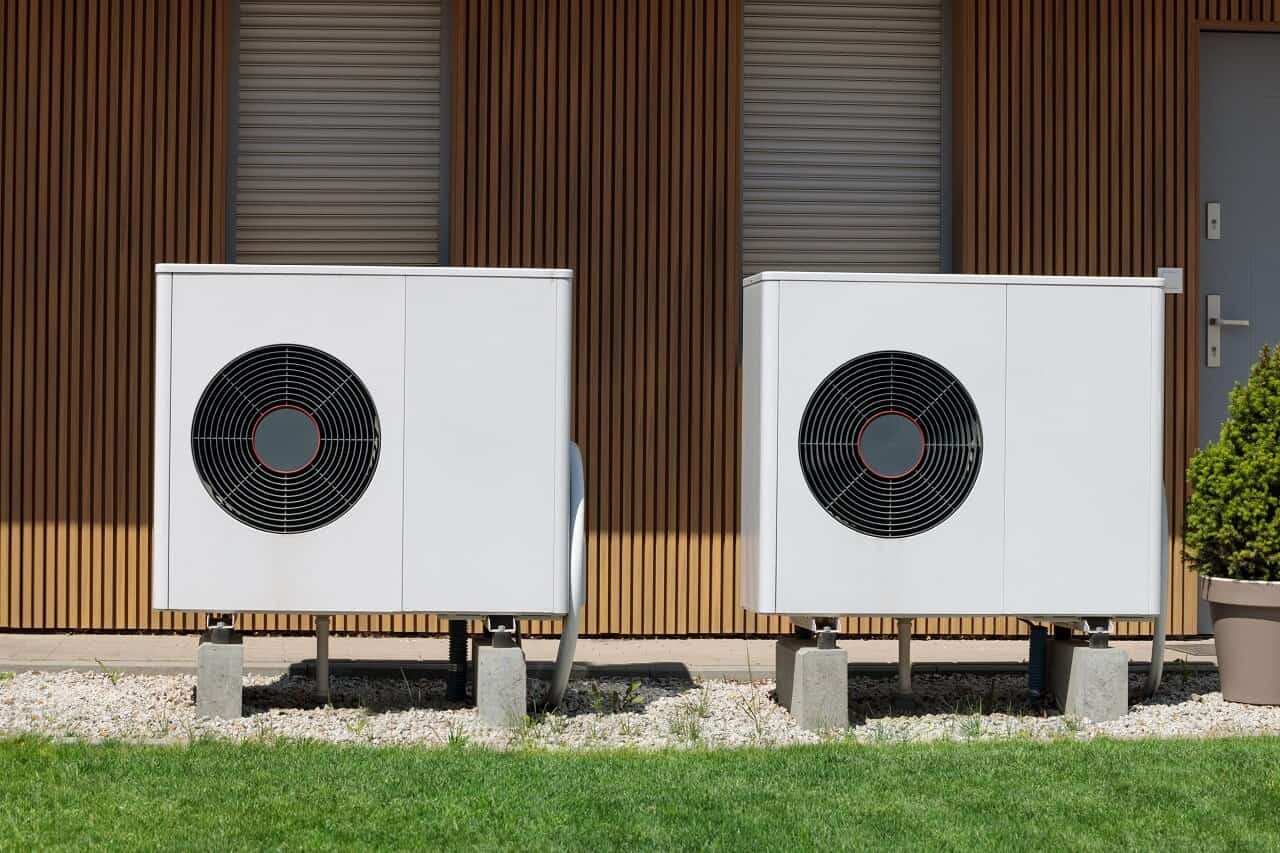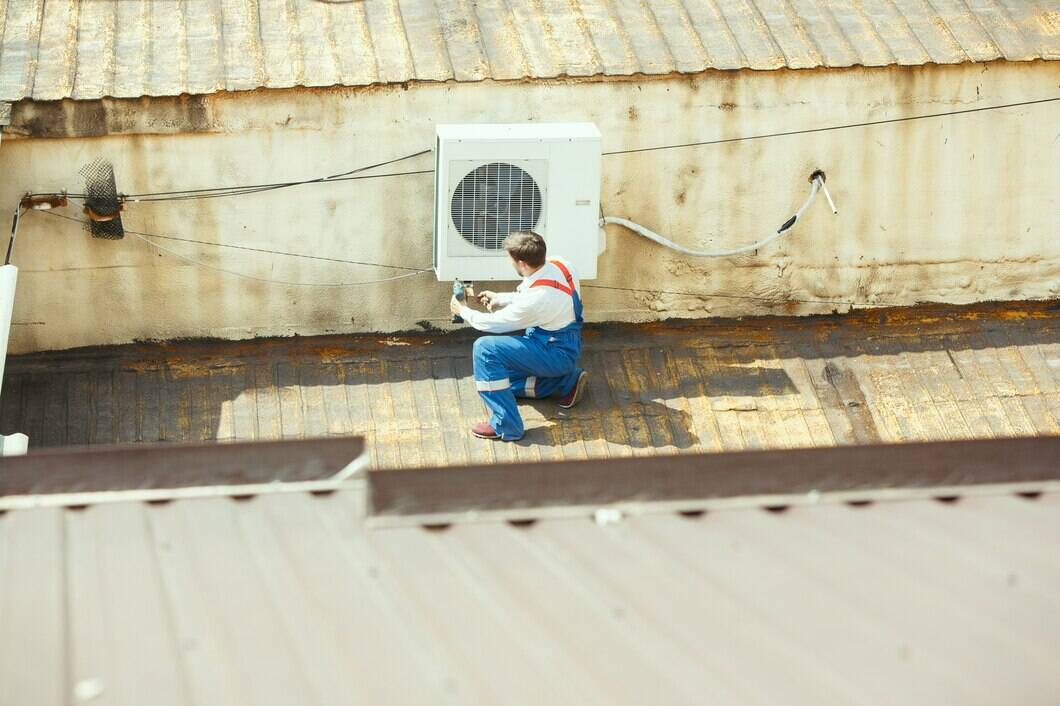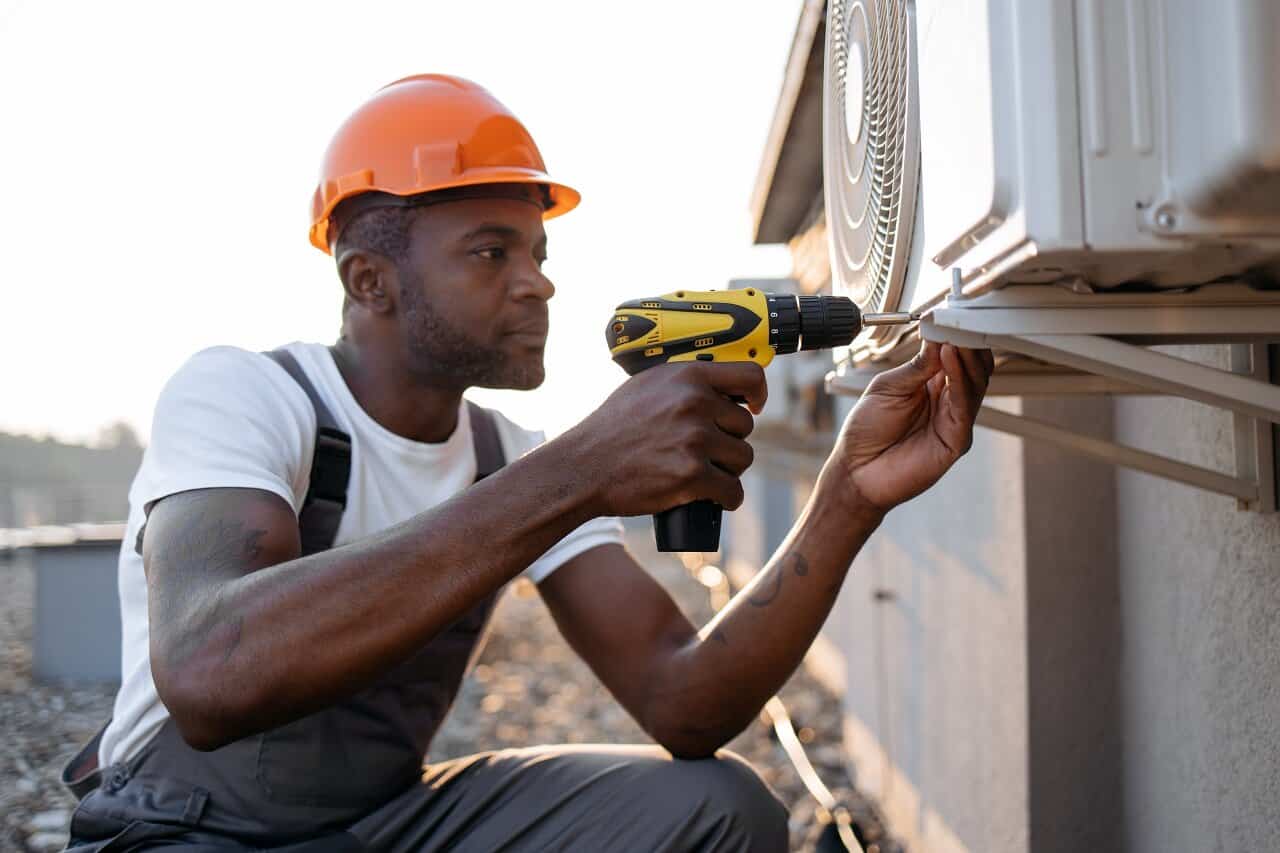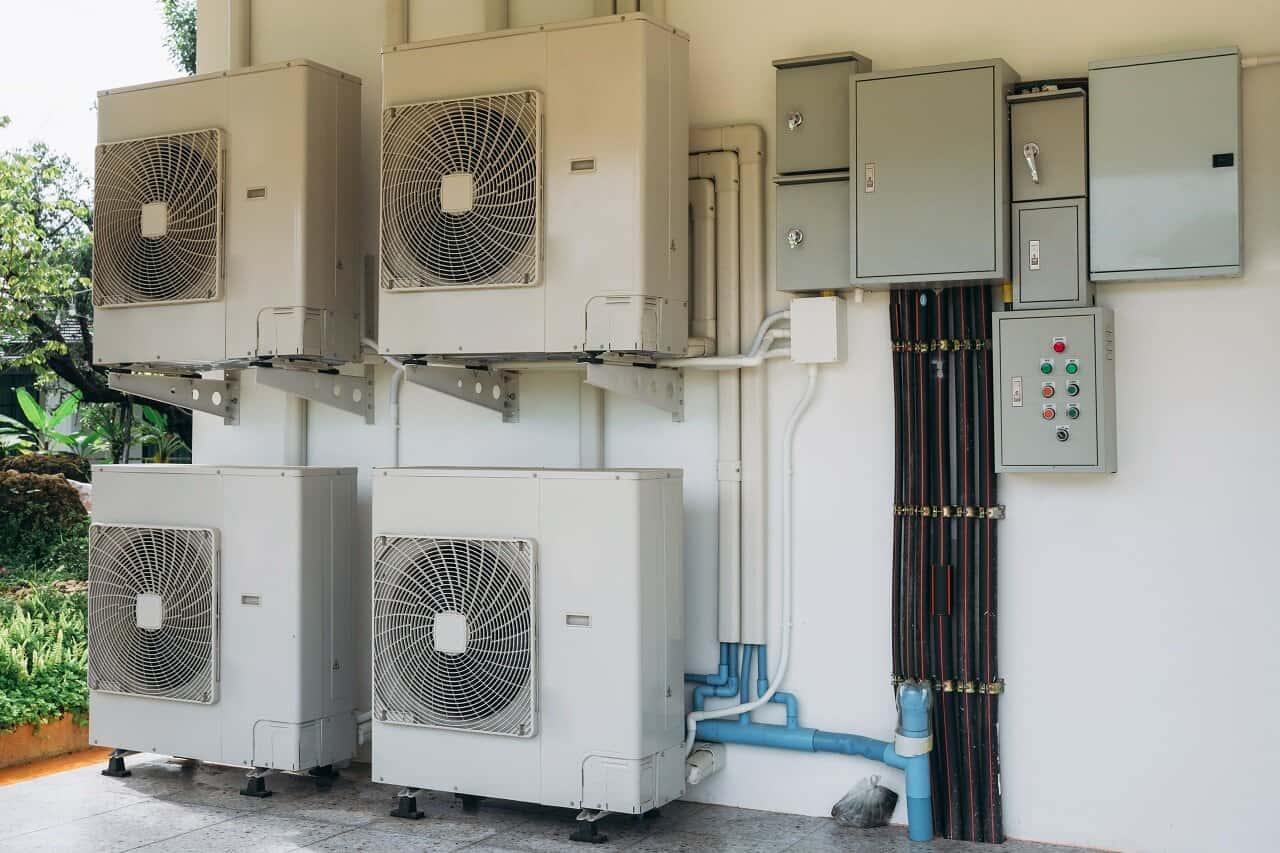Keeping your home comfortable year-round can be costly, especially if your HVAC system isn’t running as efficiently as it could be. Finding ways to boost the energy efficiency of your heating, ventilation, and air conditioning (HVAC) system can help you save money on utility bills and reduce your environmental footprint. Implementing simple yet effective strategies can lead to a noticeable difference in your home’s energy consumption.
Regular maintenance and inspections are essential for ensuring your HVAC system operates at peak performance. By routinely checking and servicing your system, you can identify and fix small issues before they become larger, more expensive problems. Additionally, upgrading to a programmable thermostat allows better control over your home’s temperature, reducing wasted energy when heating or cooling isn’t necessary.
Proper insulation and sealing are also crucial components in improving energy efficiency. Insulation helps keep the conditioned air inside your home, reducing the workload on your HVAC system. Likewise, making use of energy-efficient HVAC systems can make a significant impact. These systems are designed to use less energy while providing the same level of comfort, ultimately lowering your energy costs.
In the sections that follow, we will delve deeper into these strategies to help you optimize your home’s HVAC system for maximum energy efficiency. Implementing these tips can enhance your comfort while also benefiting your wallet and the environment.
Regular Maintenance and Inspections
Scheduling regular maintenance and inspections for your HVAC system is crucial for keeping it running efficiently. Just like a car, your HVAC system needs routine check-ups to ensure all parts are functioning properly. Neglecting these check-ups can lead to wear and tear, resulting in reduced efficiency and higher energy bills.
During regular maintenance, a professional technician will inspect your system for any potential issues. They will clean and lubricate moving parts, check refrigerant levels, and ensure there are no leaks. These actions help your system run more smoothly and prevent small problems from turning into major repairs. Routine maintenance can extend the lifespan of your system, saving you money in the long run.
In addition to professional check-ups, you can also perform some basic maintenance tasks at home. Changing your air filters regularly is one of the simplest yet most effective ways to keep your system running efficiently. Dirty filters can restrict airflow, causing your HVAC system to work harder and use more energy. Make it a habit to check and replace filters every one to three months, depending on usage and the type of filter.
Upgrade to a Programmable Thermostat
Upgrading to a programmable thermostat is a smart move for boosting your home’s energy efficiency. Programmable thermostats allow you to set a schedule for your heating and cooling needs, so you’re not wasting energy when no one is home. For example, you can set the temperature lower during the day when everyone is at work or school and have it cozy and warm by the time you return.
Some programmable thermostats come with advanced features like remote access through your smartphone or smart home integration. This means you can adjust the settings even when you’re not at home, providing more flexibility and control. These thermostats can learn your schedule and preferences, automatically making adjustments to optimize efficiency.
Using a programmable thermostat also helps maintain more consistent temperatures, which reduces the workload on your HVAC system. Instead of experiencing spikes and dips in temperature, your home stays more comfortable with less effort from your heating and cooling units. This not only enhances comfort but also translates to significant energy savings over time.
By investing in a programmable thermostat, you take a significant step towards making your home more energy-efficient. It’s a small change that can result in substantial savings on your monthly utility bills, all while reducing the environmental impact.
Proper Insulation and Sealing
Ensuring your home is properly insulated and sealed is vital for maximizing HVAC efficiency. Insulation helps keep the desired temperature inside your home by slowing down the transfer of heat. When your home is well-insulated, your HVAC system doesn’t have to work as hard to maintain a comfortable temperature, which saves energy.
Start by checking your attic, walls, and floors for adequate insulation. The attic is a common place where heat can escape, so make sure there is a thick layer of insulation covering the attic floor. Upgrading to high-efficiency insulation materials can further enhance your home’s energy savings. Walls and floors also need proper insulation, particularly if you live in an area with extreme temperatures.
Sealing gaps and cracks around your home is equally important. Weatherstripping around doors and windows can prevent drafts that lead to temperature inconsistencies. Using caulk to seal gaps around plumbing, ducts, and electrical wiring can also make your home more airtight. By taking these steps, you prevent the loss of heated or cooled air, ensuring your HVAC system runs more efficiently.
Use Energy-Efficient HVAC Systems
Switching to energy-efficient HVAC systems is one of the best ways to boost your home’s overall energy efficiency. Modern HVAC units are designed to use less energy while delivering the same, if not better, performance. Look for systems with high SEER (Seasonal Energy Efficiency Ratio) ratings, as these are generally more energy-efficient.
There are several options to consider when upgrading your HVAC system:
- High-Efficiency Furnaces: These furnaces convert more electricity and gas into heat compared to older models.
- Heat Pumps: These systems provide both heating and cooling and often use less energy by transferring heat instead of generating it.
- Geothermal Systems: Using the constant temperature of the earth, these systems are highly energy-efficient and can reduce your heating and cooling costs significantly.
Investing in an energy-efficient HVAC system can lead to substantial savings on your utility bills and reduce your home’s carbon footprint. Though the initial cost may be higher, the long-term benefits make it a worthwhile investment.
Conclusion
Optimizing your HVAC system for energy efficiency doesn’t have to be a daunting task. Regular maintenance and inspections ensure your system runs smoothly, and upgrading to a programmable thermostat gives you more control over your home’s temperature. Proper insulation and sealing keep the conditioned air inside, reducing the workload on your HVAC system. Finally, investing in energy-efficient HVAC systems can provide significant cost and energy savings in the long term.
Taking these steps creates a more comfortable and energy-efficient home, contributing to a lower environmental impact and better financial savings. Keeping your HVAC system in top shape is an investment in your home’s overall health and efficiency.
If you’re ready to enhance your home’s energy efficiency, contact My Jockey today for expert advice and HVAC services. Our team is here to help you achieve a more comfortable and cost-effective home environment.

